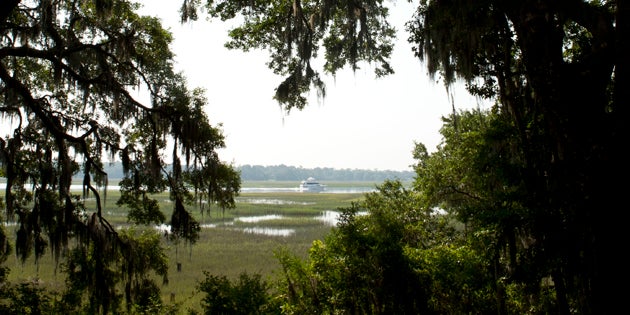This summer, College of Charleston junior Garrett Boudinot and professor Todd LeVasseur are developing ways to help Charleston become more resilient to the social and environmental problems associated with climate change and peak oil.
They’re hoping to bring at least some aspect of the Transition Town Movement to the Lowcountry, which would be the first in the Southeastern U.S. Transition Towns encourage sustainable practices at the village level since top-down solutions will be too late, and individual solutions are way too small.
RELATED:Check out the Transition Network.
“The Lowcountry is perfectly suited for a Transition Town,” Boudinot explains. “There is abundant agriculture and arable land, a myriad of water networks and flat terrain for easy transportation, and best of all several vibrant urban markets and local businesses. But there has to be awareness first – Transition is a grassroots, bottom up approach, and the community itself has to recognize that peak oil and climate change are not just real, but their effects are evident and increasing.”
Boudinot and LeVasseur received a SURF (Summer Undergraduate Research with Faculty) grant to investigate the first ever Transition Town in Totnes, England. Boudinot spent five days there generating ethnographic data to be used for their research.
RELATED:Find out how to apply for a SURF Grant.
“Humans need to be less dependent on fossil fuel-based lifestyles,” explains LeVasseur, a religious studies and environmental studies professor. “To become less dependent, we need to understand those lifestyle choices and our research hypothesis is that those committed to Transition Towns will have a biocentric worldview, where nature is seen as being sacred. This felt metaphysics is what inspires them to change their lifestyle habits and to create alternatives to industrial civilization.”
Once Boudinot and LeVasseur complete their data analysis, Boudinot will implement a student-led transition group in Charleston to lay the seeds for a Transition Town.
RELATED: See a map of Transition Towns in the U.S.
“Garrett is unique in that he is both a geology major and a religious studies major, and an environmental studies minor, so he is truly an interdisciplinary student,” Todd LeVasseur explains. “He is expertly situated to succeed in this project, and he also keeps me on my toes, sending me links and articles and helping ask key questions that significantly contribute to the project.”
Boudinot’s career goal is to combine his passions as a geology professor – focusing on both pollution and agriculture. He says, “It’s a good balance of working with people and working with dirt, the soul and the soil.”





